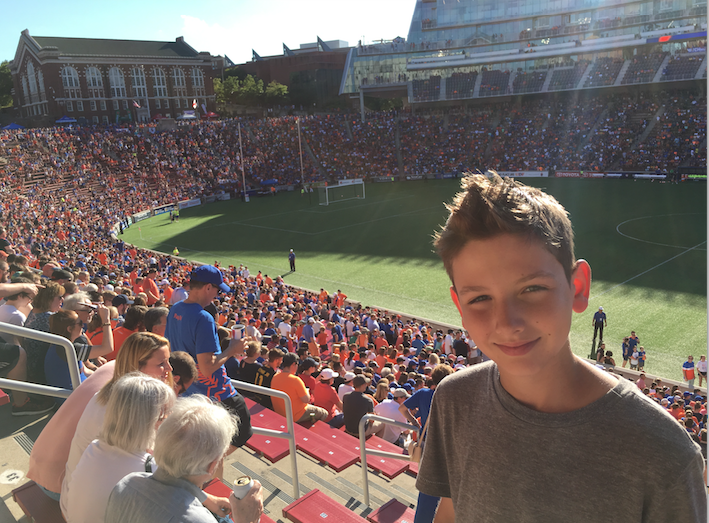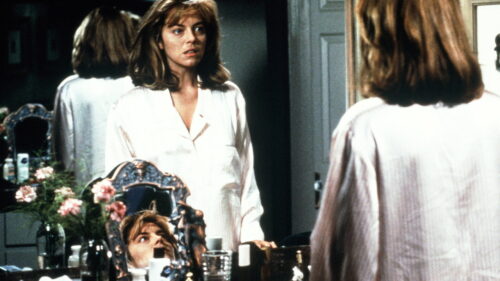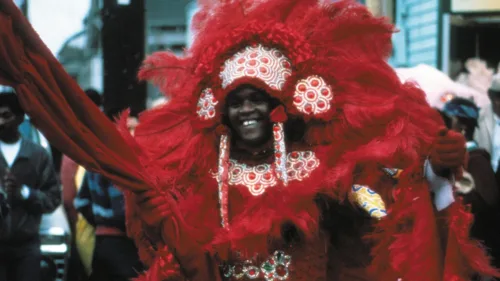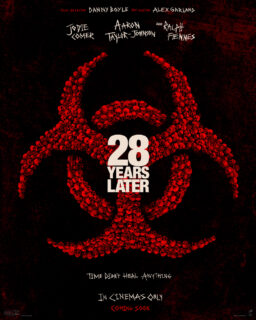Happy 13th birthday to my son James, who devotes every free moment to playing soccer, practicing his soccer moves, reading about soccer, watching soccer analysis and game clips on YouTube, and playing soccer videogames.
In fall, 2015, when James’ team lost the league final by one point, due to James’ own errant header — a random thing, happens all the time — he was in tears. He was convinced that his teammates blamed him for the loss when in fact none of them did; they were all grateful it wasn’t them that it happened to. I hugged him, and he said, “Just once in my life I wanted to win something.”
This is a boy who puts participation trophies in the garbage. He’s been doing that ever since he was seven. The first time he ever got one, for participating in a 1K walk for charity, I asked him, “Don’t you want to put your trophy up on the shelf?” and he said, “Everybody got one of those, dad. It doesn’t mean anything.”
After his team lost the finals in 2015 he barely got out of bed for two days, he was so depressed, and then he said he didn’t want to play anymore. Near the end of the second day, I heard him get out of bed and go downstairs and after a while I heard the familiar thunk, thunk, thunk of James kicking the ball against the back wall of the house.
He asked me if I’d enroll him a winter league, one where they play indoors in a gymnasium. I said yes. Something interesting happened during that period of weeks: he started watching and listening more closely and not running around as much. He’d watch the ball move around the field and then figure out where it might end up, go there, and steal it away from another player or assist one of his teammates. He moved less often than any other player, but when he did move, it was with a sense of purpose, and very quickly.
Watching him play, I started thinking about waste motion, about how much time I spend each day on things that aren’t necessary. I started blocking off time on my calendar more carefully, estimating how long it took to do things well but quickly and sticking to the estimates whenever possible. I started watching and listening to my life more closely and conserving my energy for things that were important and that might produce results. I told James later that I learned a lot from watching him play in that gym.
Around this time, James also started playing regularly, sometimes as often as six days a week, on an outdoor field a few neighborhoods away from us, with friends and whoever else happened to be there. This was in late January, February, early March. Some days it was so cold that I could barely stand to be outside for longer than ten minutes. He would play for two hours, sometimes three. When the sun went down, most of the other players would go home. James would stay until it was so dark that he could barely see the ball.
He started taking his ball to and from school. He’d kick it on the way to the subway, then after he got off the train, he’d kick it the remaining four blocks to school. Then at the end of the day he would kick the ball as he walked to the subway, ride to the soccer field and play for three hours before returning home for dinner. I could hear him kicking the ball as he walked up the block, getting closer to our front door: thunk, thunk, thunk.
The following fall, his team won the league and the cup. Everybody played with great spirit, the coach was excellent, and James led the league in scoring.
The person most responsible for James’ improvement was James. He took the game seriously and worked hard at it. He never thought of it as work. He was just doing the thing he loved most.
Last summer he told me that when he grew up, he wanted to be a minor league soccer player. I wondered, “Why minor league?” Later I figured out that of course he fantasizes about starting for Everton — his team! — but the main objective is to do nothing but play soccer all day long and get paid for it. He doesn’t care where he plays or how good the team is, as long as that’s his job.
A few weeks ago, James broke his thumb playing goalie. The doctor fitted him with a cast and told him he couldn’t play soccer until his thumb healed. He would come home right after school, go upstairs and get in bed and stay there, depressed. Then about a week later, all of a sudden, he was in a good mood again. Around the time his mood picked up, he started coming home about three hours after school ended, fresh dirt on his shoes.
I told him, “Look, I know you’re playing soccer. Just promise me that if you feel yourself falling down, you’ll turn your body to protect that arm.”
He said, “OK.”
He gets the cast off tomorrow, the day after his birthday.












